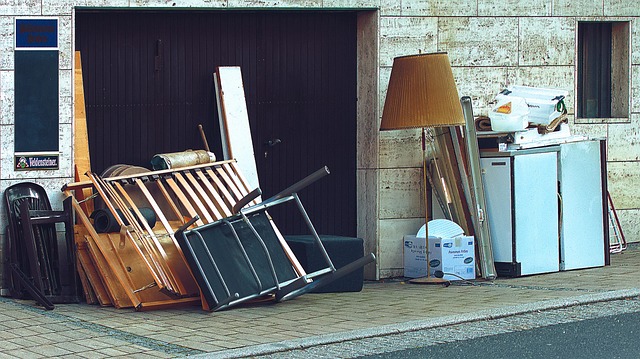A well-organized home is a powerful tool against stress and promotes mental well-being. Cluttered spaces cause overwhelm, but decluttering and organization reduce cognitive load, enhance focus, and create calm. Implementing specific strategies like setting goals, categorizing items, and adopting minimalism lowers stress levels significantly. Regular decluttering sessions and consistent practices foster tranquility, reduce mental clutter, and support relaxation, making home organization crucial for managing daily stress.
Organized homes aren’t just aesthetically pleasing; they’re key to reducing stress levels. In today’s fast-paced world, our living spaces can reflect and influence our mental well-being. This article explores the profound connection between home organization and stress reduction. We’ll delve into the impact of clutter, provide practical strategies for implementing effective home organization, share instant decluttering techniques, and offer tips to maintain a calming environment through ongoing practices. Let’s transform your space and tranquility.
- Understanding the Connection Between Home Organization and Stress Reduction
- The Impact of Clutter on Mental Well-being
- Strategies for Implementing Effective Home Organization
- Decluttering Techniques to Minimize Stress Instantly
- Sustaining a Calming Living Environment Through Ongoing Organization Practices
Understanding the Connection Between Home Organization and Stress Reduction
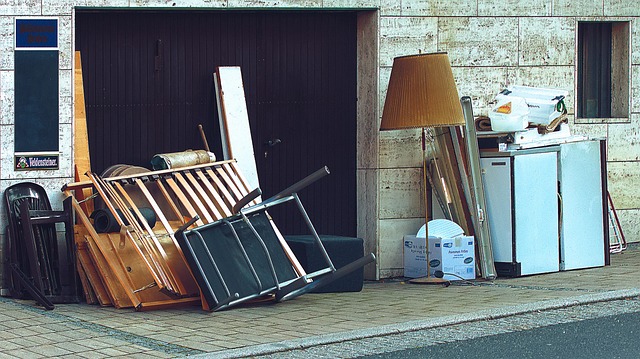
A well-organized home is more than just aesthetically pleasing; it’s a powerful tool to combat stress and promote mental well-being. The connection between home organization and reduced stress levels is a subject of growing interest in the fields of psychology and interior design. Numerous studies suggest that a tidy living space can have a profound impact on our emotional state, with decluttering being a key component.
When we live in cluttered environments, our minds often feel similarly disorganized. Cluttered spaces can contribute to mental overload, making it harder to focus and increasing feelings of anxiety. In contrast, a home that is organized and free from excess items creates a sense of calm and order. Decluttering involves letting go of unneeded possessions, which can reduce sensory overload and create a more peaceful atmosphere. This simple act of organization empowers individuals to regain control over their surroundings, leading to lower stress levels and improved mental clarity.
The Impact of Clutter on Mental Well-being
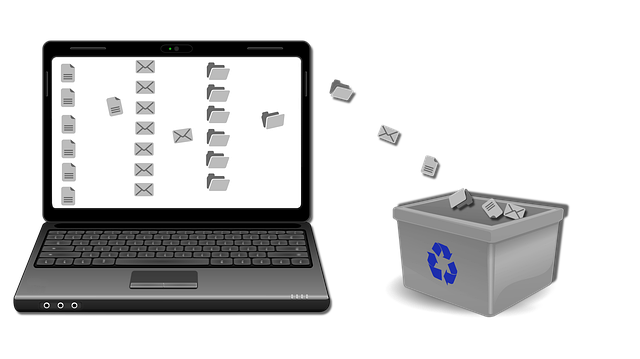
Cluttered spaces can have a significant impact on our mental well-being, creating a sense of overwhelm and stress. When our homes are disorganized, it reflects in our minds, making it harder to focus and adding to feelings of anxiety. Every time we enter a room filled with chaos, whether it’s piles of books, clothes strewn across the floor, or a table cluttered with miscellaneous items, it activates our brain’s decision-making center, demanding immediate attention. This constant mental load can contribute to increased stress levels throughout the day.
Home organization and decluttering are powerful tools to combat these negative effects. By creating a calm and ordered environment, we can reduce the cognitive burden of deciding where things belong or how to manage each item’s place. A tidy home allows for better mental clarity, making it easier to focus on tasks and reducing the stress associated with an overwhelming living space. This simple yet effective practice promotes a sense of control and peace, positively influencing our overall mental health and well-being.
Strategies for Implementing Effective Home Organization
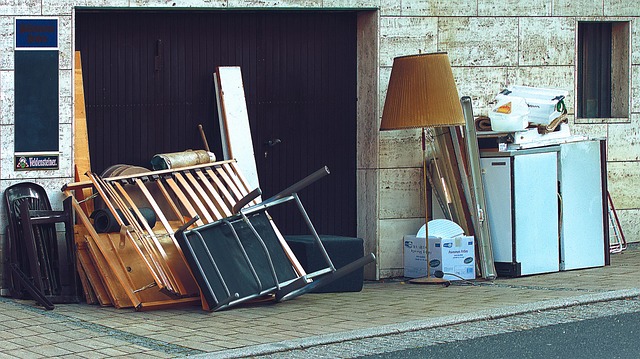
Implementing effective home organization and decluttering strategies can significantly reduce stress levels. Start by setting clear goals and allocating dedicated time for organizing each area of your home. Create a systematic approach, such as dividing spaces into zones (e.g., living, working, sleeping) and assigning specific storage solutions for each zone. Utilize storage accessories like baskets, boxes, and shelves to categorize and store items neatly. Regularly maintain this system through periodic decluttering sessions, ensuring that each item in your home serves a purpose and brings value.
Engage in minimalism by letting go of items that are no longer needed or used. Consider adopting the “one-in, one-out” rule when bringing new items into your home—for every new purchase, remove an existing item to maintain balance. Digital decluttering is equally important; organize digital files, delete unnecessary documents, and use cloud storage to keep your virtual space tidy. These practices not only reduce visual clutter but also create a peaceful and calming environment, contributing to lower stress levels.
Decluttering Techniques to Minimize Stress Instantly
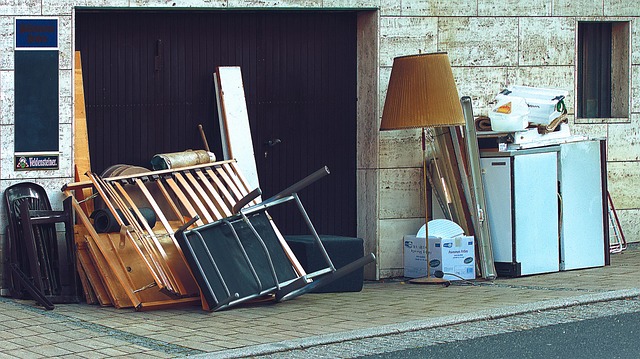
A cluttered home can quickly become a source of stress, overwhelming our senses and leaving us feeling anxious. However, implementing simple decluttering techniques can provide an instant sense of calm and control. Start by sorting items into keep, donate, or discard piles. This immediate categorization helps in making quick decisions, reducing the mental load.
Consider adopting the KonMari method, where you visualize your ideal lifestyle and only keep items that spark joy. This mindful approach ensures that each item in your home serves a purpose and brings positive feelings, thereby simplifying your living space and minimizing stress instantly. Home organization and decluttering go hand in hand, creating an environment that supports tranquility and reduces mental clutter.
Sustaining a Calming Living Environment Through Ongoing Organization Practices
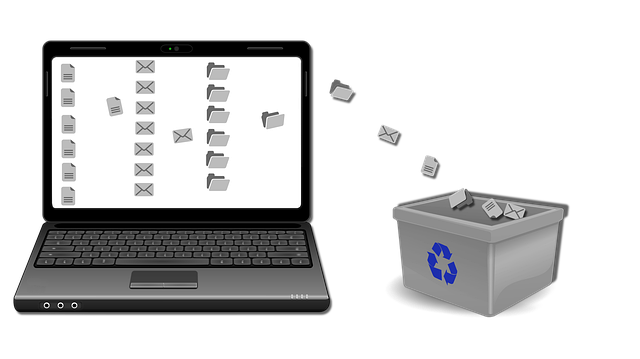
Maintaining a calm and organized living environment is essential for managing stress levels on a daily basis. Ongoing organization practices, such as regular decluttering sessions, play a pivotal role in fostering tranquility within our homes. By consistently removing clutter and establishing a place for everything, we create an aesthetic that promotes relaxation and mental clarity. A tidy home reduces the mental burden of deciding where things belong or the stress of searching for misplaced items, allowing residents to focus on their well-being and daily activities without distraction.
Implementing simple organization techniques like grouping similar items together, using storage solutions, and adopting a “one-in, one-out” policy ensures that the home remains inviting and stress-free. These practices not only contribute to a more peaceful atmosphere but also empower individuals with a sense of control over their surroundings, which is particularly beneficial for those prone to anxiety or experiencing high-stress lifestyles.
Organized homes are not just aesthetically pleasing; they significantly reduce stress levels. By understanding the connection between home organization and mental well-being, we can implement effective strategies like decluttering techniques to create a calming living environment. Ongoing organizational practices ensure that the benefits of a tidy space persist, fostering a sense of tranquility and clarity in our daily lives. Embracing home organization and decluttering can be a powerful tool for enhancing overall mental health and quality of life.
